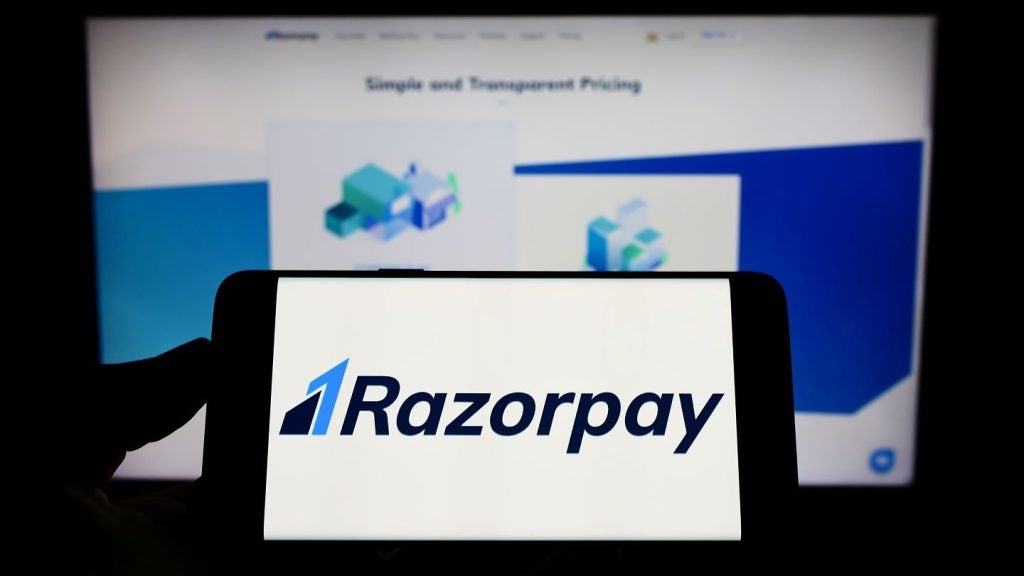The motivation for banks to jump on the fintech bandwagon is clear – they need to keep up or they’ll lose out – but it’s a little less obvious why they’re taking on the laborious task of organising their own start-up accelerator programmes. Xiou Ann Lim finds out what’s underpinning this trend
Singapore may not be Silicon Valley or New York in terms of fintech, but its advanced position in this space means it is frequently chosen as the Asian location for start-up accelerator programmes.
Recent such events include SWIFT’s Innotribe, Startupbootcamp FinTech and Next Bank.
These programmes provide banks with a multitude of opportunities to identify ideas and talent as well as collaborate with start-ups. Yet some banks, such as Citibank and DBS have organised their own start-up accelerator schemes.
One reason is that banks want to drive the innovation rather than ride it. Speaking at the Citi Mobile Challenge, Citi global digital acceleration head Jorge Ruiz said: "Different programmes have different purposes. We want to be the enablers to bring fintech into an ecosystem that works with us and our partners. That is something that’s difficult for us to outsource."
Emphasising that no one programme is better than another, he says Citi is just trying to achieve different outcomes from other accelerator programmes: "This is something that we wanted to do and lead."

US Tariffs are shifting - will you react or anticipate?
Don’t let policy changes catch you off guard. Stay proactive with real-time data and expert analysis.
By GlobalDataAnother reason is that banks are hoping to foster internal change. Citibank Singapore’s CEO, Han Kwee Juan, said the Citi Mobile Challenge was organised as part of a larger initiative to improve customer-centricity. "We want to be able to engage the industry and have ideas come through the door to help us work on this area," he said.
Citibank is not alone in this. Speaking at the DBS HotSpot Demo Day, DBS chief innovation officer Neal Cross said that one of the advantages of organising their own accelerator programme is the culture change they hope to foster within the bank.
"Many of our own employees have been part of this programme. Two of the teams have DBS employees- they’ve taken a three month leave of absence to start their own companies," he said. He added that DBS employees who were selected as mentors to the start-ups are afforded the opportunity to experiment, think creatively and obtain first-hand experience in deliberating on customer-centricity.
Cross explained that another perk in organising such a programme is the opportunity to discover talent early on: "We may want to hire them … and we get to see great products as well, which we may want to license or acquire." He spoke also about the history of DBS:
"We’re the Development Bank of Singapore – we’ve been developing Singapore for many years now and this is one way that we can continue to do that. We have hundreds of DBS employees attending this event and they must be proud of what we’re doing today."
Imbuing a change in culture to inspire innovation among employees is a less obvious benefit of such programmes, but one that is no less important than discovering talent and new ideas.
Startupbootcamp FinTech co-founder Markus Gnirck – who attended the Citi Mobile Challenge – made a similar comment: "I think the biggest benefit of this challenge was having the local Citi employees in attendance to learn about fintech."
As demonstrated by Citibank and DBS, the industry is beginning to display more initiative in the innovation space. No longer content with relying on independent accelerator programmes to identify opportunities, they are initiating change, despite having to mobilise precious resources and incur extra expense when budgets are already squeezed.
As per the keen observation of Andrew Taggart, partner and financial services leader at PwC:
"It’s really a pivot that banks need to go through quickly to transform the experiences. It requires internal disrup¬tion as much as external disruption. We are seeing organisations finding ways to increase agility."









